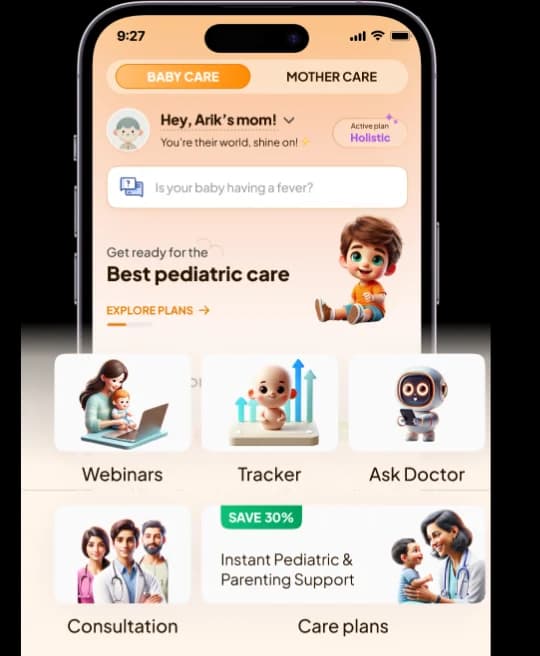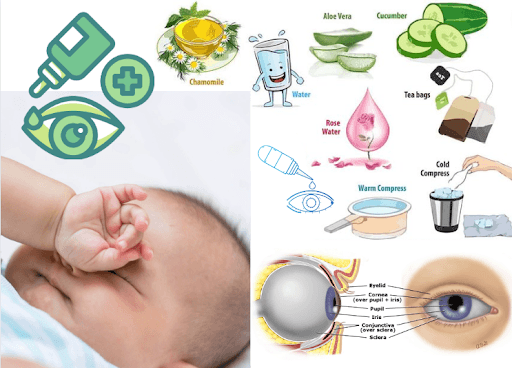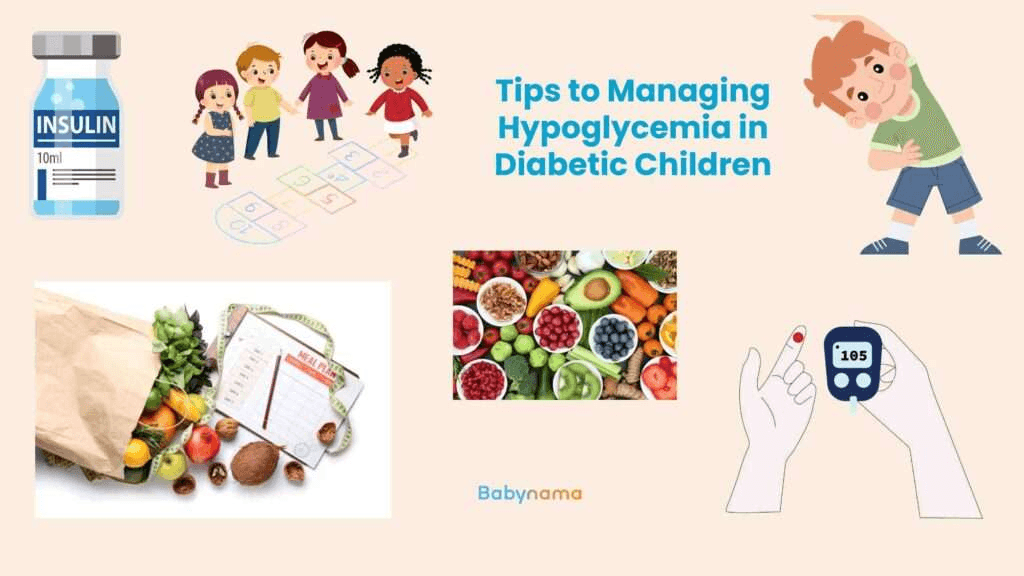
Premature infants have delicate digestive systems, small stomachs, and underdeveloped sucking and rooting reflexes. But don't worry, with the nutritional needs, right care, and attention, you can help your preemie thrive!
What is Premature Birth?
Premature birth is a severe health concern that can lead to various complications, including nutritional deficiencies. A baby is considered premature if born before the 37th week of pregnancy in a normal 40-week pregnancy.
Early birth may result from various factors, such as multiple pregnancies, infection, maternal health problems, or genetic factors. Premature infants, also called "premies," require special attention to ensure their healthy growth and development.
Why Are Premature Infants' Nutritional Needs Different from Term Babies?
- Preterm babies require more calories than full-term babies due to their higher metabolic rate.
- Their digestive system is not fully developed, making them more susceptible to digestive problems.
- Premature babies lack the sucking and rooting reflex, making it difficult for them to breastfeed or bottle-feed.
- They have a small stomach size, so they need to be fed frequently, but in small amounts.
- Their immune system is not fully developed, making them more vulnerable to infections and diseases.
Things to Keep in Mind in Taking Care of Premature Babies
- The environment around the baby needs to be clean and hygienic to prevent infections.
- Visitors should be limited and should wash their hands and wear clean clothes before visiting the baby.
- If the baby is fed with expressed milk or formula milk, hygiene needs to be maintained to avoid any contamination.





